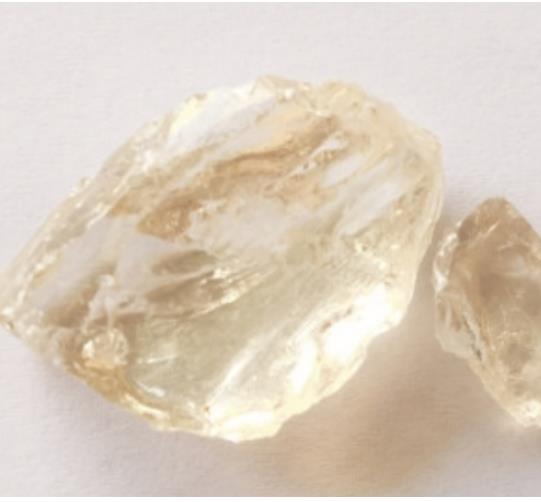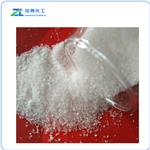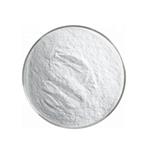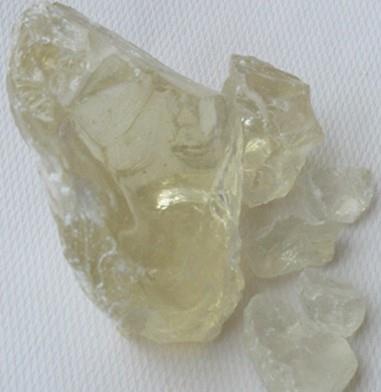Exploring Polycarbomethylsilane: Advancements and Applications in Material Science
Introduction
Polycarbomethylsilane, a sophisticated member of the organosilicon polymer family, epitomizes a breakthrough in materials chemistry. This compound, characterized by its robust silicon-carbon bonds, is engineered to deliver exceptional performance across a spectrum of industrial applications. As the demand for materials that can withstand harsh environments increases, Polycarbomethylsilane's relevance in sectors such as aerospace, automotive, and electronics continues to grow. Its ability to maintain integrity under extreme thermal and chemical conditions makes it an indispensable resource for innovators and engineers. The unique properties of Polycarbomethylsilane not only enhance product durability but also contribute to advancements in sustainability and efficiency, marking it as a critical material in the development of future technologies.

Figure 1 Characteristics of Polycarbomethylsilane
Mechanism of Action
At the core of polycarbomethylsilane's utility is its unique molecular structure. Polycarbomethylsilane features a backbone that includes alternating silicon and carbon atoms, a configuration that imparts remarkable thermal stability and chemical resistance. The silicon atoms in Polycarbomethylsilane are often bonded with additional methyl groups, enhancing the material’s hydrophobic properties and resistance to oxidative degradation.
The molecular integrity of Polycarbomethylsilane allows it to perform under conditions that would degrade lesser materials. For example, its silicon-carbon framework provides substantial resistance to high temperatures and corrosive chemicals, making it an ideal candidate for protective coatings and insulation materials. Understanding this mechanism is pivotal for chemists and engineers who seek to tailor Polycarbomethylsilane’s properties for specific applications through copolymerization or additive enhancements.
Applications
The versatility of polycarbomethylsilane extends into numerous fields, demonstrating its significant industrial value. One of the primary applications of polycarbomethylsilane is in the production of high-performance coatings that safeguard materials against wear, corrosion, and heat. These coatings are particularly beneficial in the aerospace and automotive industries, where material longevity and reliability are paramount. In aerospace, for instance, these coatings protect aircraft components from extreme environmental conditions, enhancing their performance and safety.
Additionally, polycarbomethylsilane is instrumental in the electronics industry. It serves as a dielectric material in microelectronics, where its ability to form thin, insulating, and heat-resistant layers is crucial for the miniaturization and enhancement of electronic devices. Another emerging application is in the realm of medical technology, where polycarbomethylsilane is used to create biocompatible coatings that improve the durability and functionality of medical implants. These coatings are particularly valuable for implants exposed to harsh bodily environments, helping to reduce the risk of rejection and increase the lifespan of the implants.
Storage Methods
The storage of polycarbomethylsilane requires careful handling to preserve its efficacy and safety. Polycarbomethylsilane should be stored in a cool, dry place away from direct sunlight and moisture, as these conditions can lead to premature degradation of the polymer. Containers used for Polycarbomethylsilane storage must be tightly sealed to prevent air exposure and contamination. Additionally, it is recommended to use inert gas padding in storage containers to further reduce the risk of degradation or any potential reactions with air.
Safety is another crucial aspect of storing Polycarbomethylsilane. Given its chemical stability, Polycarbomethylsilane is generally safe to handle. However, it can pose risks if not stored properly, including the risk of releasing hazardous by-products under certain conditions. Compliance with local safety regulations and guidelines is essential to mitigate any potential health and environmental risks associated with Polycarbomethylsilane storage. It is also vital to ensure that storage facilities are equipped with appropriate fire suppression systems and ventilation to handle any incidents that may arise.
Conclusion
Polycarbomethylsilane stands at the forefront of material innovation, driven by its superior properties and adaptability across various high-tech applications. As industries continue to seek materials that combine durability with performance, the importance of Polycarbomethylsilane is set to increase. Ongoing research and development efforts are likely to expand its applications and improve its functional capabilities, ensuring that Polycarbomethylsilane remains a key player in the advancement of material sciences.
References
[1]Peng C H, Hwang C C. Synthesis and characteristics of polycarbomethylsilane via a one-pot approach[J]. Journal of Materials Research and Technology, 2020, 9(6): 15838-15848.
[2]Qiao W M, Lim S Y, Yoon S H, et al. Synthesis of crystalline SiC nanofiber through the pyrolysis of polycarbomethylsilane-coated platelet carbon nanofiber[J]. Applied surface science, 2007, 253(10): 4467-4471.
Related articles And Qustion
Lastest Price from POLYCARBOMETHYLSILANE manufacturers

US $120.00/kg2025-04-15
- CAS:
- 62306-27-8
- Min. Order:
- 1kg
- Purity:
- 99%
- Supply Ability:
- 20ton

US $5.60-3.20/kg2025-02-13
- CAS:
- 62306-27-8
- Min. Order:
- 1kg
- Purity:
- 99%
- Supply Ability:
- 10 tons



![1260903-17-0 Chemical Properties of 7-Fluoro-imidazo[1,2-a]pyridine Applications of 7-Fluoro-imidazo[1,2-a]pyridine in Pharmaceutical Synthesis Preparation Method of 7-Fluoro-imidazo[1,2-a]pyridine by Copper Complex](/NewsImg/2024-04-15/6384878856480882275879603.jpg)